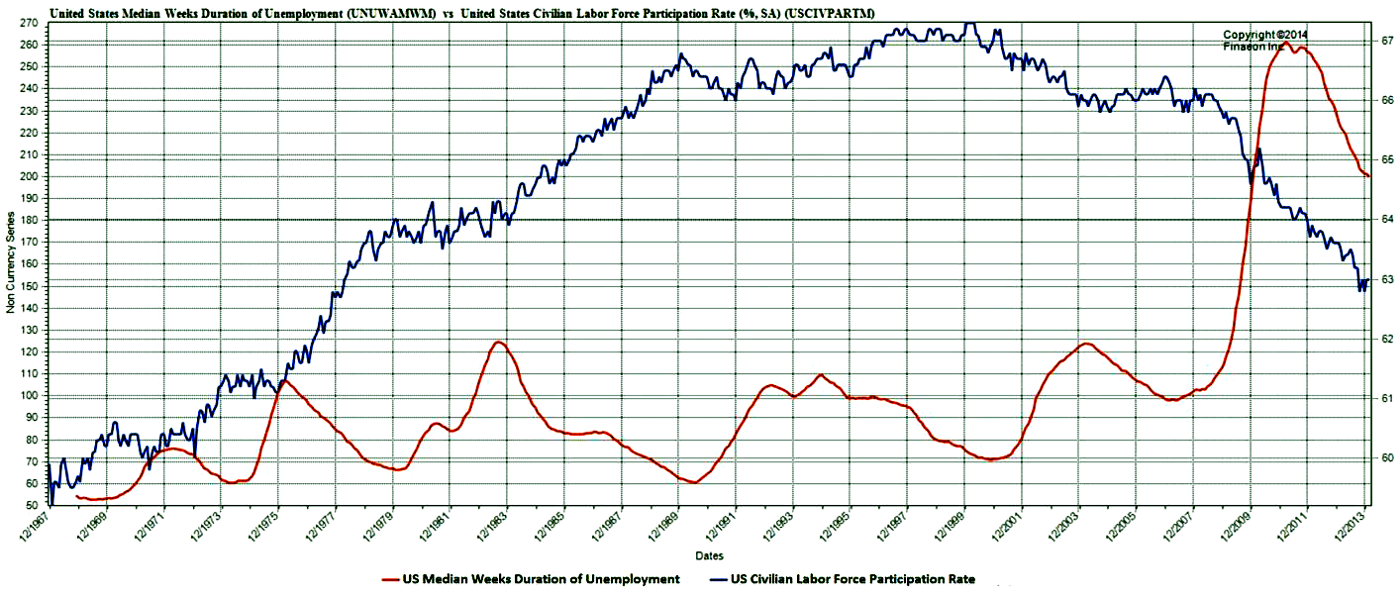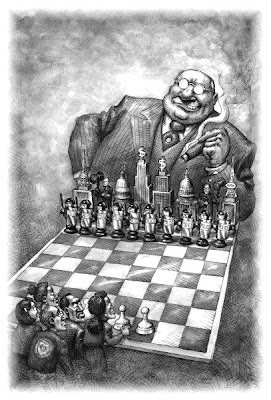As you may know I enjoy listening to Frank Ochberg. I find his speaking style and his explanations to be very enjoyable, and relaxing.
And I am taking quite a bit of liberty in applying his thoughts to the idea expressed in the title.
He is primarily known as an expert in Post Traumatic Stress Disorder, and I have been watching his videos in order to be a more effective caregiver, and a better friend to others. We are all wounded and imperfect in our own ways, and progressing hopefully towards something better.
How do you define better? Well, that is where morality and ethics come in. And unfortunately they are quickly chucked overboard as an impediment by a narcissistic culture, much to its own eventual detriment.
He speaks on a wide range of behavioural topics. He has had some interesting things to say about psychopathy which I have shown here in the past. But Robert Hare is the most prominent name in that area.
He is a cognitive behavioural therapist, and I have a passing knowledge of this only from courses I took as an undergrad, and some work I did for a professor in a related field of 'social styles.' I don't pretend to be any subject matter expert in this, except for what I have read and seen first hand.
I came across a few new videos from Ochberg's series last night that I thought it would be useful to share.
One new thing did occur to me this time in watching, most likely in light of my having read the book
This Town, by Mark Leibovich. It was an update on the Beltway I had been seeking, since my own involvement there ended about fifteen to twenty years ago. It was a little worse than I expected. In many ways London, New York, and Washington have come to resemble The Capitol in
The Hunger Games.
Large organizations can take on various characters and personalities that can change with time. They are often referred to as corporate 'cultures.' If you change companies, you can often see the change in environment, how employees are viewed, how incentives and disincentives are given, and how problems are approached.
Narcissism, and its corrosive effects, first became evident to me in my corporate career, and it was an eye opener.
I believe that today in the US and UK at least, we have seen the rise of a political class dominated by a spirit of narcissism and Darwinistic privilege. It started with the Reagan and Thatcher administrations, but has carried through every one since then to greater or lesser degrees. Clinton certainly made his own unique contribution in marrying the Democratic party to Big Money.
This is not to say that everyone becomes that way who happens to be in government, but rather, the 'tone' of the organization and its incentives tend to promote and reward that sort of behaviour, making it more acceptable and predominant than it might have been in the past.
And this is certainly no perfect analogy, because adult citizens are not children, just as adult employees are not children. But there is the kind of 'power imbalance' between boss and employee, and Congressman and citizen, that brings some validity into a comparison of responsibility and caring and attendance to oaths and duties that quite frankly I think have been discarded in this age of narcissism.
So, here are a few thoughts on some of these personality types, for your viewing enjoyment.
I have also included an unrelated piece on how men might best support their companions in the recovery from stressful situation. I found it to be very insightful.
So what are we to do about our crazy aunts and uncles, faux moms and dads in government who have taken oaths to 'serve, protect, and defend?' And the serially abusive Big Daddy Warbucks who seek to bend the law and the country to the service of their personal whimsies and wills.
Luckily in the intermediate term we can do what children have been doing throughout history. We can bid them adieu, shun them as best we can, and in the meantime encourage the adults to speak up and bring some goodness and positive qualities to our society. This is not easy because it is not as personally enriching for them as a corruption fueled by selfish greed.
Sometimes the 99 percent seem to take on the character of a battered spouse these days: lied to, manipulated, and abused. And there are enough who fall victim to the Stockholm syndrome and the corporatist propaganda, and allow their anger to be channeled towards their 'own children,' among them the weak.
It may be good to remember that many of those urging us to cut down government and the law are speaking from the very heart of the corruption and narcissism in our society. And once the laws are all cut down, who will be able to stand alone against the cold winds of corporate power that will blow across the land?
Enjoy.









































